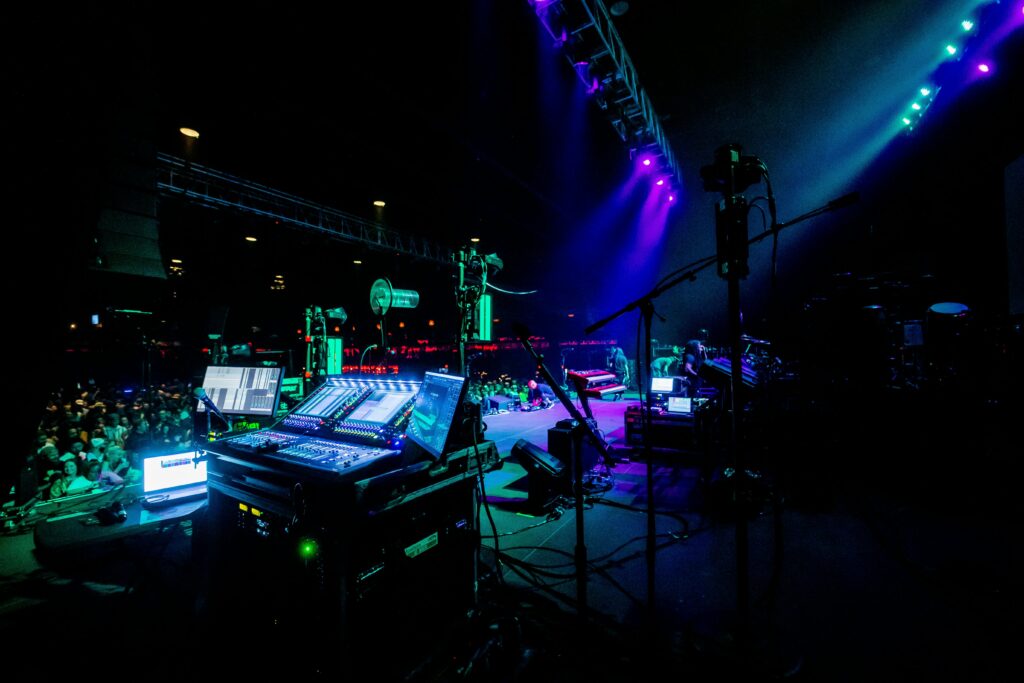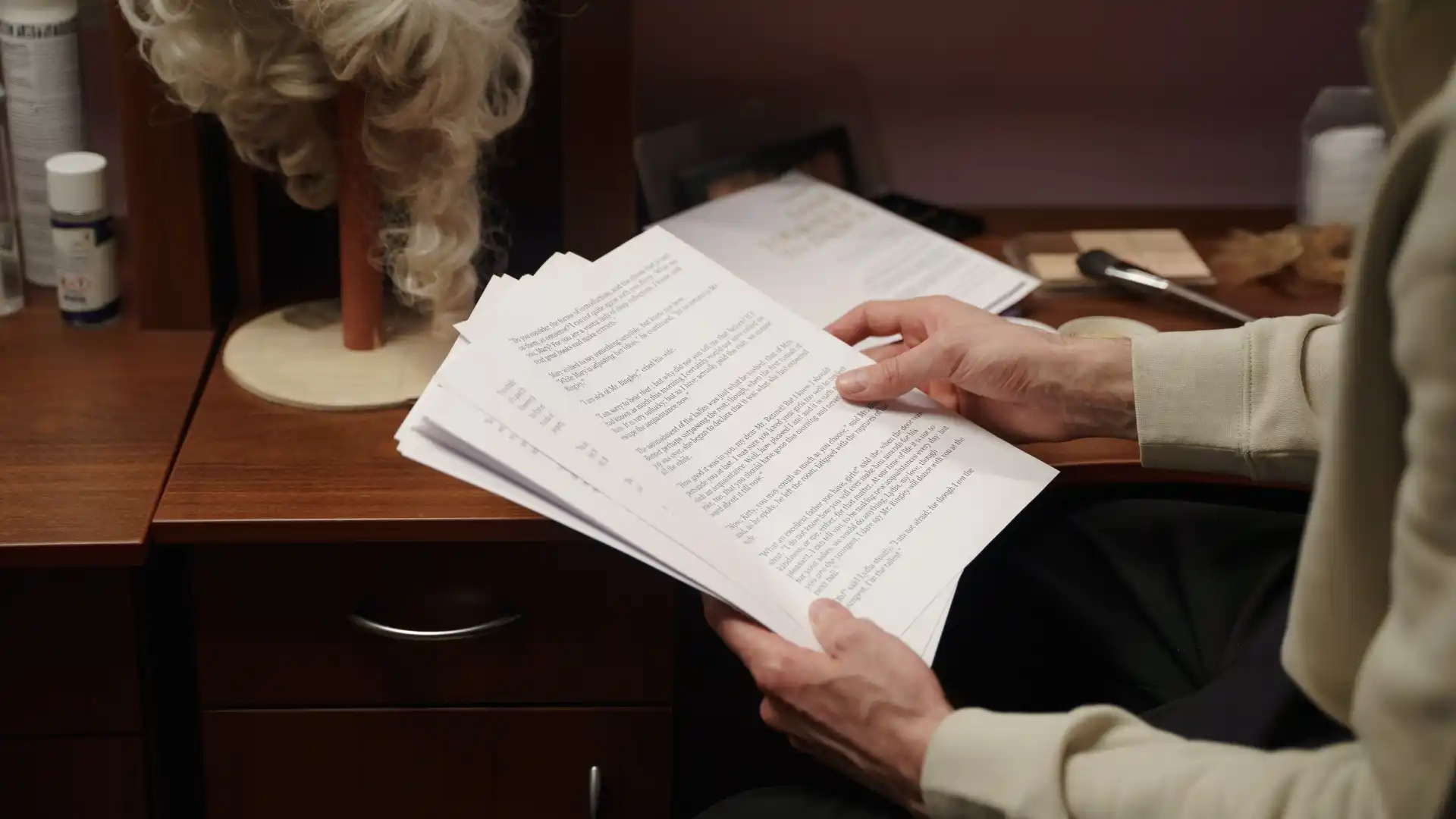Music event planning is a dynamic and rewarding field that requires creativity, organization, and a passion for music. From coordinating concerts and festivals to managing artist performances and venue logistics, music event planners play a crucial role in bringing live music experiences to audiences around the world. If you have a keen eye for detail, excellent communication skills, and a love for music, a career in music event planning may be the perfect fit for you.
In this article, we will delve into the top 10 career paths in the music industry related to music event planning. Each role offers a unique set of responsibilities, challenges, and opportunities for growth and success. Whether you are interested in event production, artist management, marketing, or hospitality, there is a role in music event planning that may align with your skills and interests.
1. Event Coordinator
Event coordinators are responsible for overseeing all aspects of music events, from planning and budgeting to execution and post-event evaluation. They work closely with artists, vendors, sponsors, and venue staff to ensure that every detail of the event is carefully coordinated and executed. Strong organizational skills, attention to detail, and the ability to multitask are essential for success in this role.
2. Talent Booker
Talent bookers are responsible for scouting and booking artists for music events, concerts, and festivals. They work closely with artists, agents, and managers to negotiate contracts, coordinate schedules, and ensure that the lineup for the event meets the expectations of the audience and aligns with the event’s overall theme and goals. A keen understanding of the music industry, strong networking skills, and a passion for discovering new talent are key attributes for talent bookers.
3. Marketing Manager
Marketing managers play a crucial role in promoting music events, building brand awareness, and driving ticket sales. They develop marketing strategies, create promotional campaigns, and engage with fans and followers on social media platforms to generate buzz and excitement around the event. Strong communication skills, creative thinking, and a solid understanding of digital marketing trends are essential for success in this role.
4. Production Manager
Production managers oversee the technical aspects of music events, including stage design, lighting, sound, and audiovisual production. They work closely with event coordinators, artists, and technical staff to ensure that the production elements align with the artist’s vision and meet the technical requirements of the venue. A deep understanding of audiovisual technology, strong project management skills, and the ability to troubleshoot technical issues are essential for success as a production manager.
5. Artist Relations Manager
Artist relations managers are responsible for managing relationships with artists, ensuring their needs are met, and serving as a liaison between the artists and the event organizers. They coordinate artist accommodations, transportation, hospitality, and any special requests to ensure that the artists have a smooth and enjoyable experience at the event. Strong interpersonal skills, diplomacy, and a passion for working with artists are essential for success in this role.
6. Venue Manager
Venue managers oversee the operations of music event venues, including scheduling, staffing, security, and logistics. They work closely with event coordinators, vendors, and technical staff to ensure that the venue is prepared to host a successful event. Venue managers must have strong leadership skills, the ability to manage multiple tasks simultaneously, and a keen eye for detail to ensure that every aspect of the venue meets the needs of the event and the audience.
7. Ticketing Manager
Ticketing managers are responsible for managing ticket sales, pricing, and distribution for music events. They work closely with ticketing platforms, vendors, and marketing teams to develop ticketing strategies, track sales data, and ensure a seamless ticketing experience for attendees. Strong analytical skills, attention to detail, and a solid understanding of ticketing platforms and sales trends are essential for success in this role.
8. Sponsorship Coordinator
Sponsorship coordinators are responsible for securing sponsorships, partnerships, and brand collaborations for music events. They work closely with sponsors, brands, and event organizers to develop sponsorship packages, negotiate contracts, and ensure that sponsors receive the visibility and exposure they desire. Strong negotiation skills, relationship-building abilities, and a keen understanding of branding and marketing are essential for success as a sponsorship coordinator.
9. Hospitality Manager
Hospitality managers oversee the guest experience at music events, including coordinating catering, accommodations, and VIP services. They work closely with vendors, hotels, and catering companies to ensure that all hospitality needs are met and that guests feel welcome and well taken care of. Strong interpersonal skills, event planning experience, and a keen attention to detail are essential for success as a hospitality manager.
10. Volunteer Coordinator
Volunteer coordinators recruit, train, and manage volunteers for music events, ensuring that volunteers are assigned to appropriate roles and tasks during the event. They work closely with event organizers, staff, and volunteers to ensure that the event runs smoothly and that volunteers have a positive and rewarding experience. Strong communication skills, leadership abilities, and a passion for community engagement are essential for success as a volunteer coordinator.
Conclusion
These top 10 career paths in the music industry related to music event planning offer a diverse range of opportunities for individuals looking to pursue a career in the fast-paced and exciting world of music events. Whether you have a passion for event coordination, artist management, marketing, or hospitality, there is a role in music event planning that may be the perfect fit for your skills and interests.
Key Takeaways:
- Music event planning offers diverse and exciting career paths in the live music industry.
- Success in this field requires strong organizational, communication, and problem-solving skills.
- Careers span multiple areas including event coordination, talent booking, marketing, production, and artist relations.
- Technical roles like production and venue management are critical for smooth event execution.
- Marketing and sponsorship roles focus on audience engagement and funding support.
- Guest experience is handled by hospitality and ticketing managers, ensuring satisfaction and comfort.
- Volunteer and staff coordination are essential for efficient event operations.
- Every role plays a unique part in delivering successful, memorable live music experiences.
To further enhance your career prospects, consider taking the NYU x Billboard | Music Industry Essentials online course offered by Yellowbrick, where you can gain more in-depth knowledge and understanding of the music industry and put yourself ahead in this competitive field. Regardless of the role you choose, the opportunities to grow and thrive are unlimited in the exciting world of music events.








